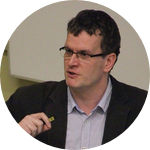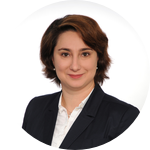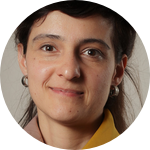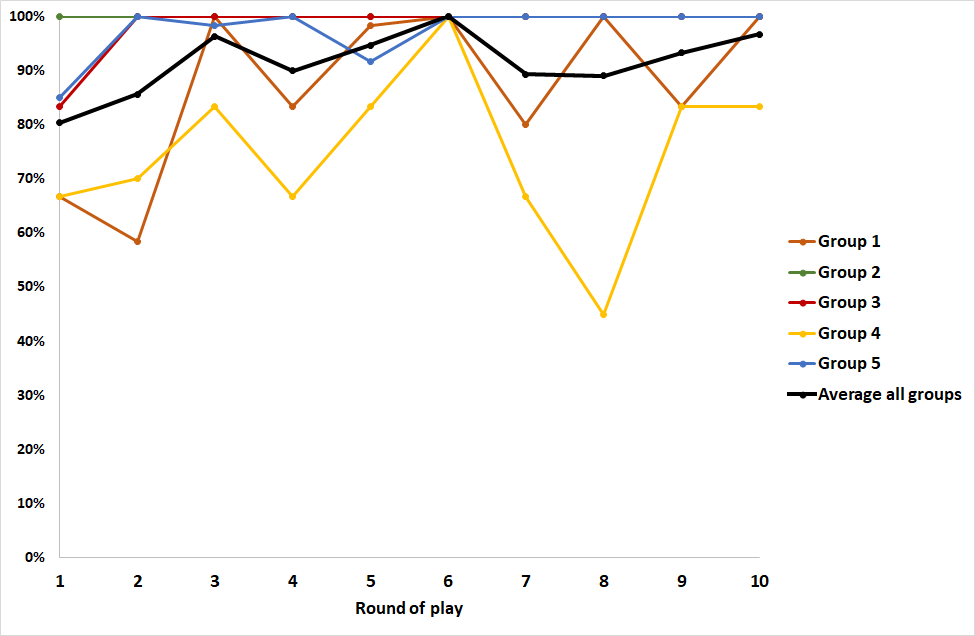About This Project
Foreign aid is an important support mechanism that helps developing nations build infrastructure or fight climate change. However, misappropriation of foreign aid is frequent in corrupt societies via embezzlement, fraud and misuse. Ultimately, this causes endemic poverty leading, among other things, to mass migration towards the developed world. We test different fund-allocation protocols to determine which one reduces funds misappropriation, directing them, instead, towards the common good.
Ask the Scientists
Join The DiscussionWhat is the context of this research?
Development and environmental aid funds do not always reach the ends for which they are deployed, mostly because their recipients are countries with weak rule of law. Additionally, the prohibitive costs of hard monitoring of their use makes funds’ embezzlement relatively easy. For instance, USAid reported fraud in overseas aid of $107 mil. in 2008, while the UK’s Department for International Development received 429 fraud allegations in 2015/16, a fourfold increase since 2010. Despite these limitations, foreign aid is regarded as the main tool for controlling mass migration by creating jobs at home and improving living conditions. The UK international development secretary, Priti Patel, maintains that the UK must use aid to “stop the appalling scenes we are seeing in the Mediterranean.”
What is the significance of this project?
Officials in rich countries support foreign aid to the poor nations as part of a defense policy against mass migration. Moreover, the EU is conditioning aid to African countries on curbing migration to Europe. Yet, for these policies to deliver, the funds must be used appropriately. Studies show that failure to do so leads to the decline of public support for foreign aid and to cuts in the foreign-aid budgets of the donors. Additionally, fraud and misuse of foreign aid create the paradox of making aid recipients even more dependent on it. In the absence of hard enforcement mechanisms it is essential to develop tools that increase the self-enforceability of proper aid spending. We study whether this can be achieved via certain institutions of funds allocation from donors to beneficiaries.
What are the goals of the project?
The participants in our experiment are divided in groups of four members. One group member plays the role of the donor. The donor decides on the allocation of a given budget among the other three members, who are the direct providers of a public good from which all members benefit. The funds available for the provision of the public good are composed of those received from the donor, plus provider's own funds.
We test the ability of three allocation institutions, from the donor to the providers, to increase the latter's contributions to the public good. The main experimental manipulation is the type of communication between the donor and the providers, prior to the allocation of funds. Additionally, we test the effect of endogenous audit by the donor on the contributions of the providers.
Budget
We will run this experiment at a laboratory in Germany. In economic experiments the participants are paid in cash according to their earnings in the experiment. In total we have 5 treatments (three mechanisms and two controls). Power analysis shows that we need 10 groups per treatment, which means 200 participants (5 treatments x 10 groups x 4 members per group).
The pilot session shows that an experimental session lasts about 2h, while in Germany it is common that a participant earns about 10€ per hour. This amounts to 4000€ (4,689$). In addition to this, we have to use a guest lab for which we have to pay a fee. Costs with the student assistant in the lab for 30h (10 sessions of 3h each, including preparation and running the experiment) is around 500€ (584$).
The required budget is exclusively used for paying subjects according to their decisions in the experiment and for paying the student assistant.
Endorsed by
 Project Timeline
Project Timeline
The design, instructions and programming of the experiment in z-Tree (Fischbacher, 2007) are completed. We also ran a pilot session with the "free communication" treatment. The results show stable and very high cooperation levels, signaling that our first hypothesis will be confirmed.
The funds raised here will be used for running all the experimental sessions, as soon as they become available.
Oct 03, 2018
Project Launched
Dec 31, 2018
Running the experimental sessions with communication
Feb 28, 2019
Running the experimental sessions with audit
Apr 20, 2019
Data analysis
May 31, 2019
First draft of the paper
Meet the Team
Affiliates
Corina Haita-Falah
I received my PhD from the Central European University in Budapest (Hungary) and I am currently a post-doctoral researcher at the University of Kassel (Germany). Previously, I was a post-doctoral researcher at the University of Hamburg (Germany), a teaching assistant at the Central European University, a researcher at MOL Nyrt. in Budapest and at the Slovak Governance Institute in Bratislava. I was a visiting scholar at the International Center for Climate Governance in Venice and at Bocconi University in Milan. My main research areas are behavioral and experimental economics and environmental economics.
For more information on my research and the list of publications, please visit my personal webpage.
Agnes Szabo-Morvai
Additional Information
The figure below shows the total group contributions from a pilot session with Free Communication mechanism. For details on the mechanism, please see the lab note Experimental design and treatments.
Project Backers
- 33Backers
- 24%Funded
- $1,419Total Donations
- $43.00Average Donation





